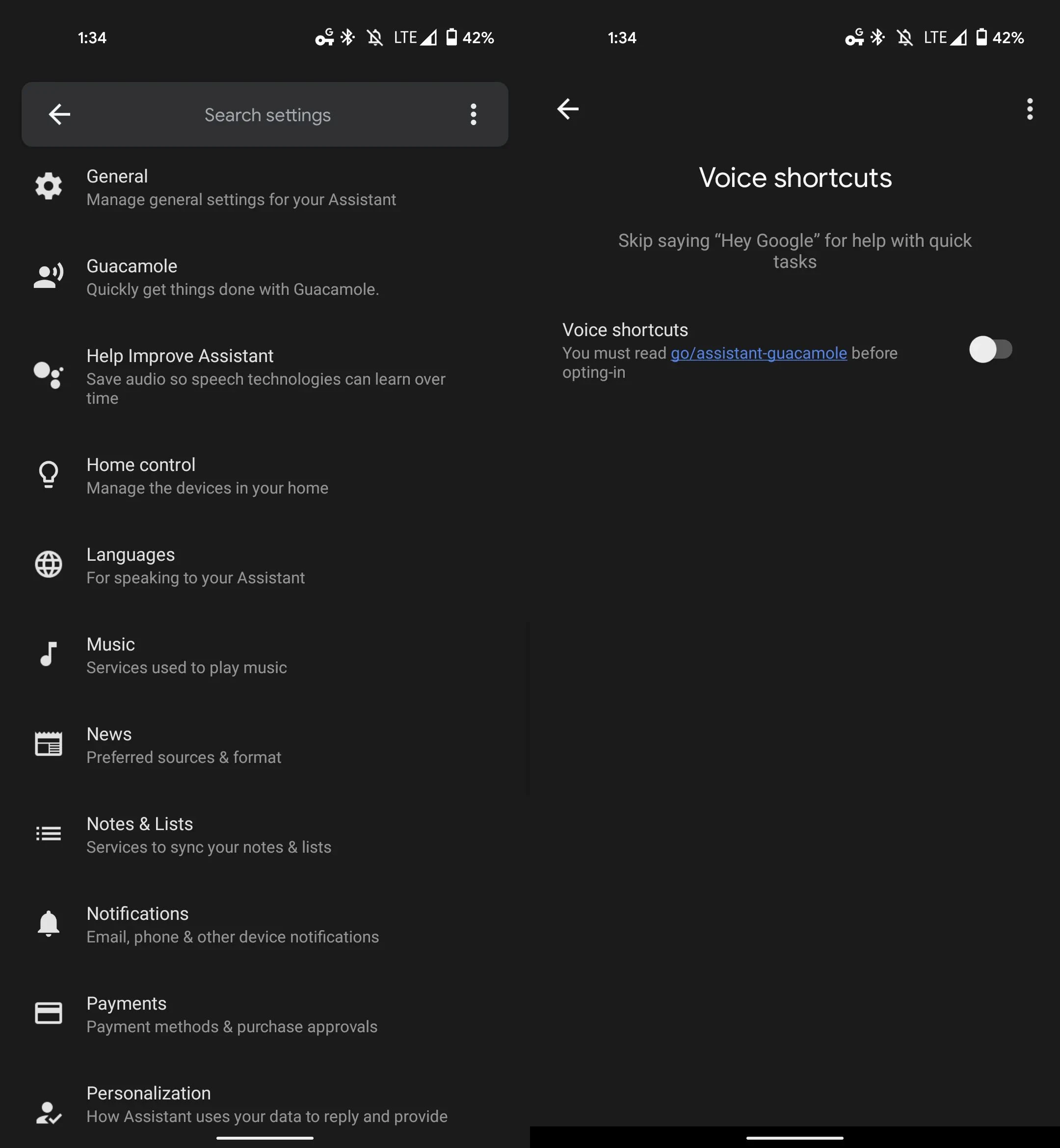Everyone is waiting for such a Google Assistant – it will be much, much more convenient
At the beginning of 2019, the Google Assistant , and although it was not a premiere that met my (common) expectations in 100%, I think it was a very good sign. The lack of support for Google Home / Nest speakers or Android TVs is noticeable, especially with the popularity of the latter on the Polish market, but on the most personal device, Poles can talk to the Assistant in their native language – on smartphones it works as it should. My recent conversation with Michał Długosz from Google concerned the last two years of the development of the Google Assistant, as well as the future, which looks great for the Polish version of the Assistant – I cordially encourage you to listen to it if you are interested in the work on the Assistant and why some functions do not work, and others appear earlier than others.
When is the Google Assistant useful?
One of the newest functions of the Google Assistant is the support for smart home devices. I have been using them for several years in English on the Google Home speaker, but I am glad that users will be able to control the lighting or thermostat from the smartphone using voice commands, because it significantly affects how we function in our four angles. If, however, I were to bet on what types of tasks are most often given to the Google Assistant in Poland, these would be activities related to more smartphone functions such as setting an alarm, timer, sending an SMS etc. Each of such commands can be issued after saying the phrase “Hey Google”, and then possibly confirmed. Problems began when some of these tasks were completed – the timer finished counting down or the alarm clock went off.
“Hey Google” won’t always be needed. Actually, it is not anymore
Users of the Google Assistant have certainly got used to situations where it is necessary to say the magic phrase “Hey Google”, to turn off the loud alarm sound with your voice without leaving the bed or the timer ringing when we have both hands full, for example we cook. I know perfectly well how irritating it can be, because such circumstances were my everyday life in the early phases of the Google Assistant’s operation on the Google Home speaker. The situation has changed some time ago – I realized that it is enough to say “stop” with the alarm clock or timer, and this will turn off the alarm sound. It may be a small thing, but with regular use of the Assistant, the change is colossal.
Image: 9to5google
As you can read on AndroidPolice , such a change is also aimed at smartphones. Inside the company, it is referred to as the Guacamole project. In the application settings, its presence manifests itself in the possibility of activating voice shortcuts that allow you to skip the “Hey Google” command, and thanks to the 9to5google material we know in what situations it will be possible. The list includes, of course, the alarm clock and timer, which are exactly the same functions that I mentioned earlier, but in the case of a smartphone there is one more that arouses my enthusiasm the most.
Answer a call by voice command on Android
It is of course about telephone connections. With an incoming call, it will be possible to answer or reject it with a simple command without saying “Hey Google” first. Thanks to the Guacamole design, an alarm that rings can be canceled by simply saying “Stop”, “Stop” or “Snooze”, while “Answer / Reject a call” will work for incoming calls. I’d love to see this work the same on an iPhone with Siri, which I use regularly.
I keep my fingers crossed that when this function is implemented, it will also appear in Poland, because it is not really a requirement to implement a new solution – these commands already work in our country, so from our point of view it would be enough to activate their operation without preceding them commands. I hope that the practice will not turn out to be more complicated than the theory, because then the Google Assistant in Poland on a smartphone will become much more helpful. One could even make it work as it should have done from the beginning.
Read More about Tips
How New Google Assistant will help you?
Please login to join discussion



















